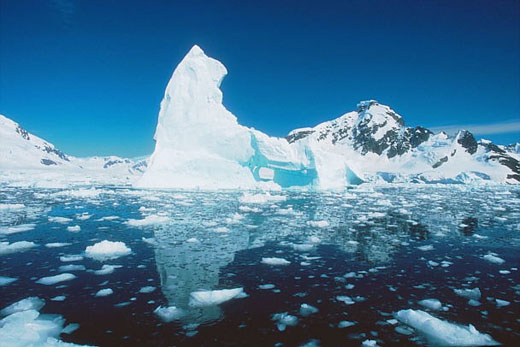February 17, 2017 - The World Meteorological Organization (WMO) reported that global temperature increases continue to rise and that the Arctic's exceptional heat has reduced sea-ice volume to record levels for this time of year.
WMO spokeswoman Clare Nullis said the average temperature in January was the third highest in that month since data were available but said that this is not the main concern.
"The significant fact is the protracted trend of climate change. They are indicators of long-term climate change such as CO2 concentrations in the atmosphere, which hit new records in January, and long-term indicators of climate change such as Arctic sea ice, "said Nullis.
WMO indicated that at least three times during the winter the polar equivalent to a heat wave in the Arctic was recorded and that the sea ice extent in January in both the Arctic and Antarctica was the lowest in 38 years of Satellite records.
The recovery period of Arctic sea ice usually occurs in winter, when it gains volume and extent, but this winter has been fragile, a situation that will have serious implications for the spread of Arctic sea ice during the summer as well as for the global climate .
